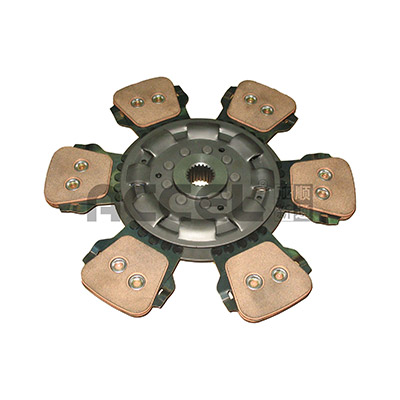Aug . 06, 2024 14:51 Back to list
Explore Top Suppliers for High-Quality Raincoats and Waterproof Apparel Solutions for Your Business
Finding Reliable Raincoat Suppliers for Your Business
In today's fashion landscape, where sustainability and practicality are paramount, raincoats have emerged as essential garments for both casual wear and high-end fashion. With unpredictable weather patterns becoming more common, the demand for quality raincoats has surged, prompting retailers and brands to seek out reliable raincoat suppliers. This article explores essential considerations for finding the right suppliers, the different types of raincoats available, and the benefits of establishing strong supplier relationships.
Understanding the Market Demand
Before diving into supplier selection, it's vital to comprehend the current market demand. Consumers are now more environmentally conscious, leading to a rise in the popularity of sustainable raincoats made from recycled materials or ethically sourced fabrics. Understanding these trends can help businesses align their product offerings with consumer preferences. Additionally, identifying target demographic groups—such as outdoor enthusiasts, urban dwellers, or fashion-forward individuals—can guide your supplier selection process based on the specific features and styles you wish to offer.
Types of Raincoats
Raincoats come in various styles, including trench coats, parkas, and lightweight packables. Each type serves a different market segment. Trench coats might appeal to urban professionals looking for stylish yet functional outerwear, while lightweight, breathable options are ideal for those engaging in physical activities or travel. Understanding the different styles can help businesses communicate their needs more effectively to potential suppliers.
Key Factors to Consider When Choosing Suppliers
raincoat suppliers

1. Quality and Reliability The primary factor in selecting a raincoat supplier is the quality of their products. Conducting thorough research on potential suppliers' reputation, product reviews, and sample evaluations can help ensure that you are partnering with a reliable source. Additionally, consistency in production quality is crucial; it is advisable to work with suppliers that offer warranties or guarantees on their products.
2. Sustainable Practices With the growing emphasis on sustainability, businesses should prioritize suppliers who adhere to eco-friendly practices. This could mean using recycled materials, reducing water consumption during production, or implementing fair labor practices. Certifications such as GOTS (Global Organic Textile Standard) or OEKO-TEX® can be good indicators of a supplier’s commitment to sustainability.
3. Production Capacity and Lead Times Your business may experience fluctuating demands, influenced by seasons or promotions. Therefore, it is essential to evaluate a supplier's production capacity and lead times. By discussing these factors upfront, you can avoid potential stock shortages or delays in fulfilling orders, which can significantly impact your business's reputation and bottom line.
4. Pricing and Payment Terms Competitive pricing is always a consideration when selecting suppliers, but it should not come at the expense of quality. Having a transparent discussion about prices, bulk order discounts, and payment terms can help establish a fair business relationship. It’s often beneficial to compare multiple suppliers before making a decision.
Building Long-Term Relationships
Once you've selected your raincoat suppliers, focusing on building long-term relationships can be immensely beneficial. Regular communication and feedback are essential to ensure that both parties are on the same page regarding expectations and improvements. Establishing a partnership based on trust can lead to better prices, priority during busy seasons, and even collaboration on new designs.
In conclusion, finding reliable raincoat suppliers requires careful consideration of various factors such as product quality, sustainability, capacity, and pricing. By understanding market demand and supplier capabilities, businesses can make informed decisions that will ultimately lead to successful product offerings. Establishing strong relationships with suppliers will not only enhance product quality but also streamline the supply chain, providing a competitive edge in the dynamic fashion industry.
-
PVC/PEVA Sleeves: Durable Protection for Workshop & Labour Safety
NewsAug.19,2025
-
Waterproof Kid Apron with Sleeves: PEVA/PVC for Painting Fun!
NewsAug.18,2025
-
36x90" Double Zipper Post Mortem Bag - Secure & Reliable
NewsAug.17,2025
-
Waterproof PVC/Vinyl Work Apron - Heavy-Duty Protection
NewsAug.16,2025
-
Heavy Duty Post Mortem Bag - 36x90, Double Zipper
NewsAug.15,2025
-
Durable PVC Vinyl Work Apron - Waterproof for Workshop
NewsAug.14,2025





